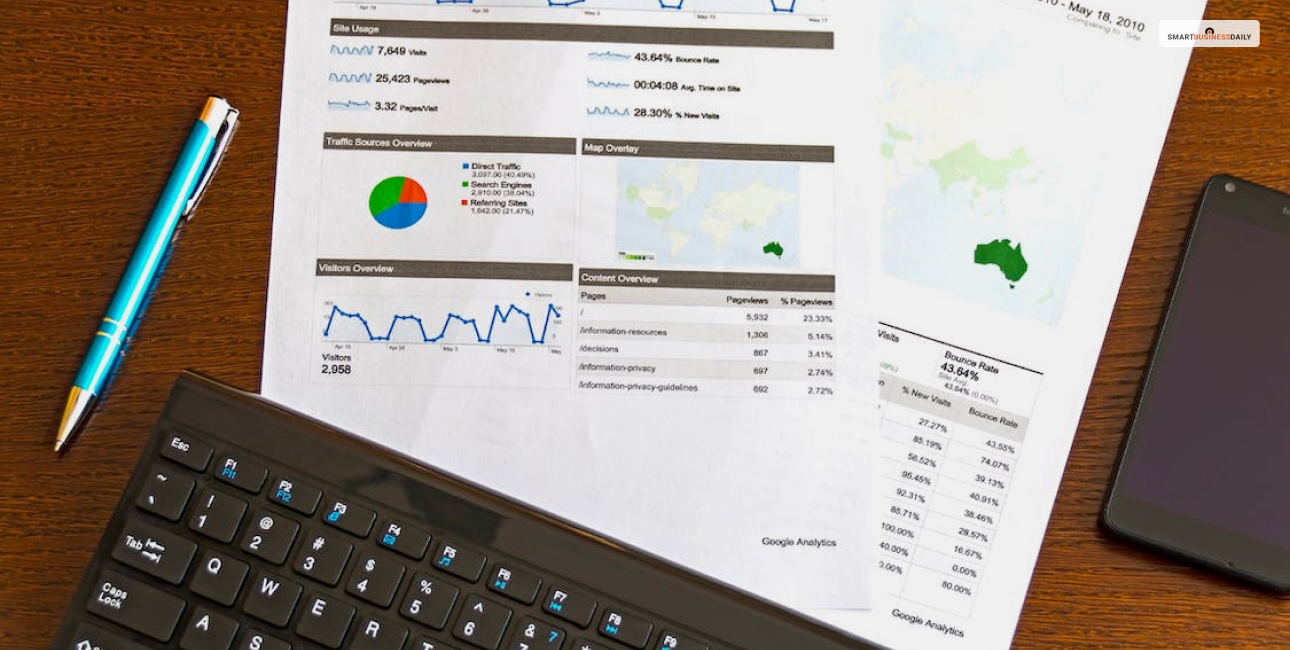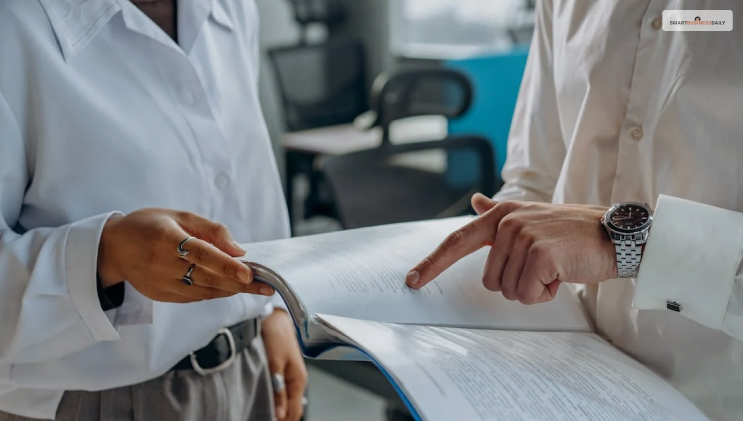How To Get Late Payments Removed From Your Credit Report
01 July 2023
4 Mins Read

toc impalement
A high credit score is your financial lifeline. It can determine whether you’re eligible for a home loan, a car loan, or a credit card. Late payments, unfortunately, can put a dent in your credit score. But, did you know that it’s possible to have these late payments removed from your credit report?
Although it’s not always a guarantee, following these seven steps might significantly increase your chances of erasing those pesky late payments. Here’s your definitive guide to improving your financial future.
Get The Facts Straight
The first step in dealing with late payments on your credit report is to find out exactly what you’re dealing with. You’re probably wondering, ‘Where can I get this information?’ The answer is simple: find out here. Request a free copy of your credit report from each of the three major credit bureaus: Equifax, Experian, and TransUnion.
Once you have the reports in hand, review them meticulously for any inaccuracies, particularly those related to late payments that might have been reported erroneously. This crucial step sets the stage for the actions you’ll take next.
Dispute Errors
Should you find inaccuracies, don’t panic. Instead, draft a dispute letter to the credit bureaus detailing the inaccuracies. Include copies of any supporting documents like bank statements or cleared checks. Remember, each credit bureau may hold slightly different information, so ensure you send your dispute to all relevant parties.
Goodwill Intervention
If the late payment information on your credit report is accurate but due to unavoidable circumstances, consider writing a goodwill letter to your creditor. This letter should be a sincere account of why the payment was late, emphasizing your usually good track record.
The goal is to humanize your situation and appeal to their understanding to remove the late payment.
Pay For Delete
For some, this method might be an option. Some creditors may be willing to remove the late payment from your credit report in exchange for payment.
However, tread carefully. Not all creditors will agree to a ‘pay for delete’ deal, and there is no legal obligation for them to do so even if you pay the debt.
Negotiate With Creditors
If the ‘pay for delete’ strategy doesn’t work, consider negotiation. Reach out to your creditors and propose an agreement where the late payment mark is removed after a series of timely payments. It might be a more drawn-out process, but it can also be more successful in the long term.
Consult A Credit Counselor

Image source- Pexels
Sometimes, you might need a helping hand. Professional credit counselors can offer expert advice and strategies to improve your credit report. They may also mediate negotiations with creditors, enhancing your chances of success.
Leverage Consumer Protection Laws
Several laws exist to protect consumers from inaccurate or unfair credit reporting, including the Fair Credit Reporting Act (FCRA) and the Fair Debt Collection Practices Act (FDCPA).
If your creditor or the credit bureau doesn’t address your concerns satisfactorily, you might want to consult with a consumer law attorney. They can help enforce your rights and might even be able to take legal action against entities that fail to correct errors in credit reports.
Use A Credit Repair Service
Professional credit repair companies can be a potent weapon in your credit repair arsenal. These firms specialize in navigating the often-complex world of credit reporting and have developed effective strategies to dispute late payments.
Remember, while these services can be beneficial, they are not miracle workers. Always research and choose a reputable company.
Set Up Automatic Payments
If you’re dealing with several creditors and find it challenging to manage different due dates, setting up automatic payments can help. This strategy ensures that your payments are made on time, thus reducing the chances of incurring late payment entries. But remember, you’ll need to monitor your bank balance to avoid overdraft fees.
Keep Old Accounts Open

Image source-Pexels
You may be tempted to close old credit accounts, especially those with negative information. However, doing so might actually hurt your credit score. Part of your credit score depends on the length of your credit history, so keeping old accounts open — even if they have a few late payments — can benefit you in the long run.
As time passes, the impact of these late payments will decrease, especially if you have been maintaining good credit habits.
Time And Good Habits
Ultimately, time heals.
Most late payments remain on your credit report for seven years, but their impact lessens over time. This process can be accelerated by maintaining good credit habits, such as paying all your bills on time, keeping credit card balances low, and not applying for new credit unless absolutely necessary.
In Conclusion
Repairing credit takes time and effort. But it’s not an impossible task. By following these steps, you’ll be on your way to better financial health.
While these steps can help remove late payments from your credit report, it’s even more important to avoid late payments in the first place. Building a habit of timely payments, responsible credit usage, and regular credit report checks can prevent these issues from recurring.
Explore More:


















Comments Are Closed For This Article